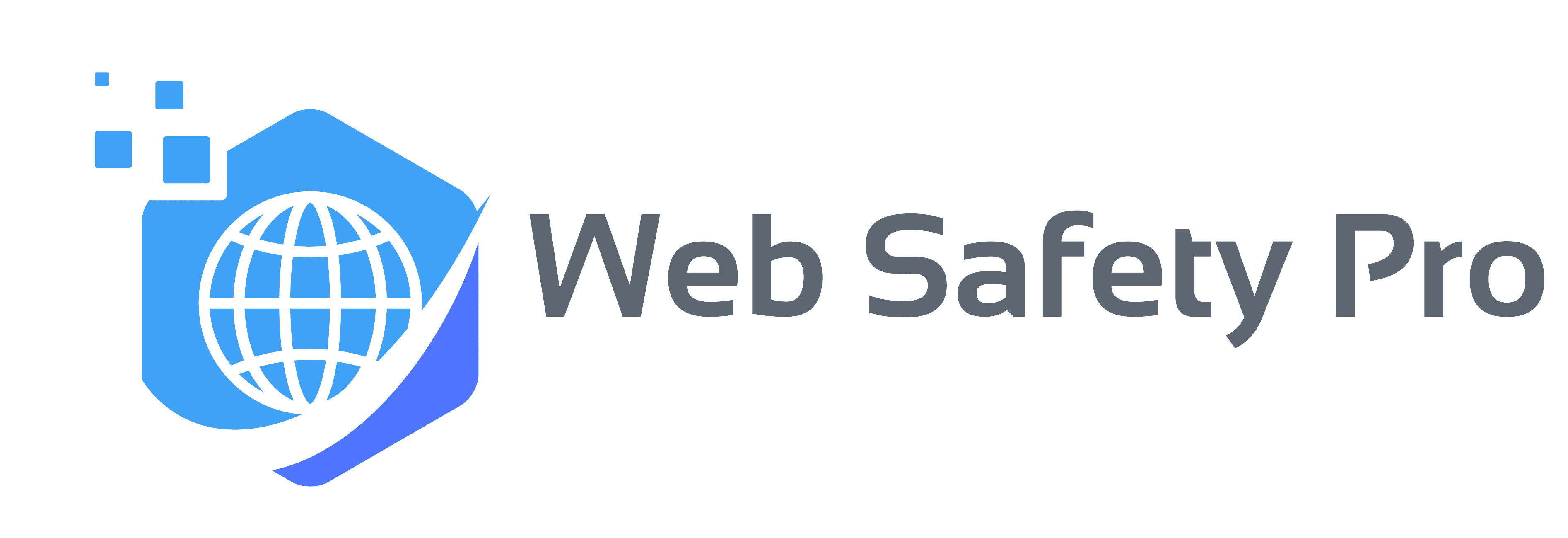In today’s digital landscape, online privacy and security are more crucial than ever. With increasing cyber threats, data breaches, and privacy invasions, understanding Virtual Private Networks (VPN) is essential for anyone looking to protect their online presence. This article delves into what VPNs are, how they work, and why you need one for enhanced internet safety.
What is a VPN?
A VPN, or Virtual Private Network, is a technology that creates a secure and encrypted connection over a less secure network, such as the internet. VPNs are primarily used to shield your internet traffic from snooping, interference, and censorship.
How VPNs Work
When you connect to the internet through a VPN, your device communicates with the VPN server. Here’s a simplified breakdown of the process:
- Encryption: Your data is encrypted, meaning it’s transformed into a code that can’t be easily read by unauthorized parties.
- IP Masking: Your actual IP address is hidden and replaced with the IP address of the VPN server, making it difficult for websites and services to track your online activities.
- Secure Tunneling: VPNs create a secure tunnel for your data to travel through, protecting it from potential cyber threats.
Benefits of Using a VPN
1. Enhanced Privacy
Using a VPN ensures that your online activities remain private. By masking your IP address, VPNs prevent websites, advertisers, and even your Internet Service Provider (ISP) from tracking your browsing habits.
2. Improved Security
VPNs encrypt your data, which protects sensitive information, such as passwords and personal details, from hackers. This is especially important when using public Wi-Fi networks, which are often unsecured and vulnerable to cyberattacks.
3. Bypassing Geo-Restrictions
Many websites and streaming services impose geo-restrictions, limiting access based on your location. A VPN allows you to connect to servers in different countries, enabling you to access content that may be unavailable in your region.
4. VPN Safe Torrenting
For those who enjoy torrenting, using a VPN is essential. It protects your identity and location while downloading files, reducing the risk of legal issues and exposure to malicious content.
5. Avoiding Bandwidth Throttling
Some ISPs throttle your internet speed based on your online activities, particularly if you stream or download a lot. A VPN can help you avoid these slowdowns by masking your traffic.
Choosing the Right VPN
When selecting a VPN, consider the following factors:
1. Privacy Policy
Look for a VPN with a strict no-logs policy, ensuring that your browsing data isn’t stored or shared with third parties.
2. Security Features
Choose a VPN that offers strong encryption standards, a kill switch (which disconnects you from the internet if the VPN connection drops), and leak protection.
3. Server Locations
The more server locations a VPN offers, the more options you have for accessing geo-restricted content. Ensure the VPN has servers in regions relevant to your needs.
4. VPN Speed and Performance
Check for reviews regarding the VPN’s speed and reliability. A good VPN should provide fast connections without significant latency.
5. Customer Support
Opt for a VPN that offers 24/7 customer support through multiple channels, such as live chat or email.
Conclusion
In an age where online threats are rampant, using a VPN is not just a luxury but a necessity. By providing enhanced privacy, improved security, and the ability to bypass geo-restrictions, VPNs empower users to take control of their online presence. Whether you’re browsing, streaming, or torrenting, a VPN can significantly enhance your internet safety. Make the informed choice today and protect your digital life with a reliable VPN.
Call to Action
Ready to enhance your internet safety? Start your journey by choosing a trusted VPN provider today. Don’t compromise on your online security—secure your connection now!













